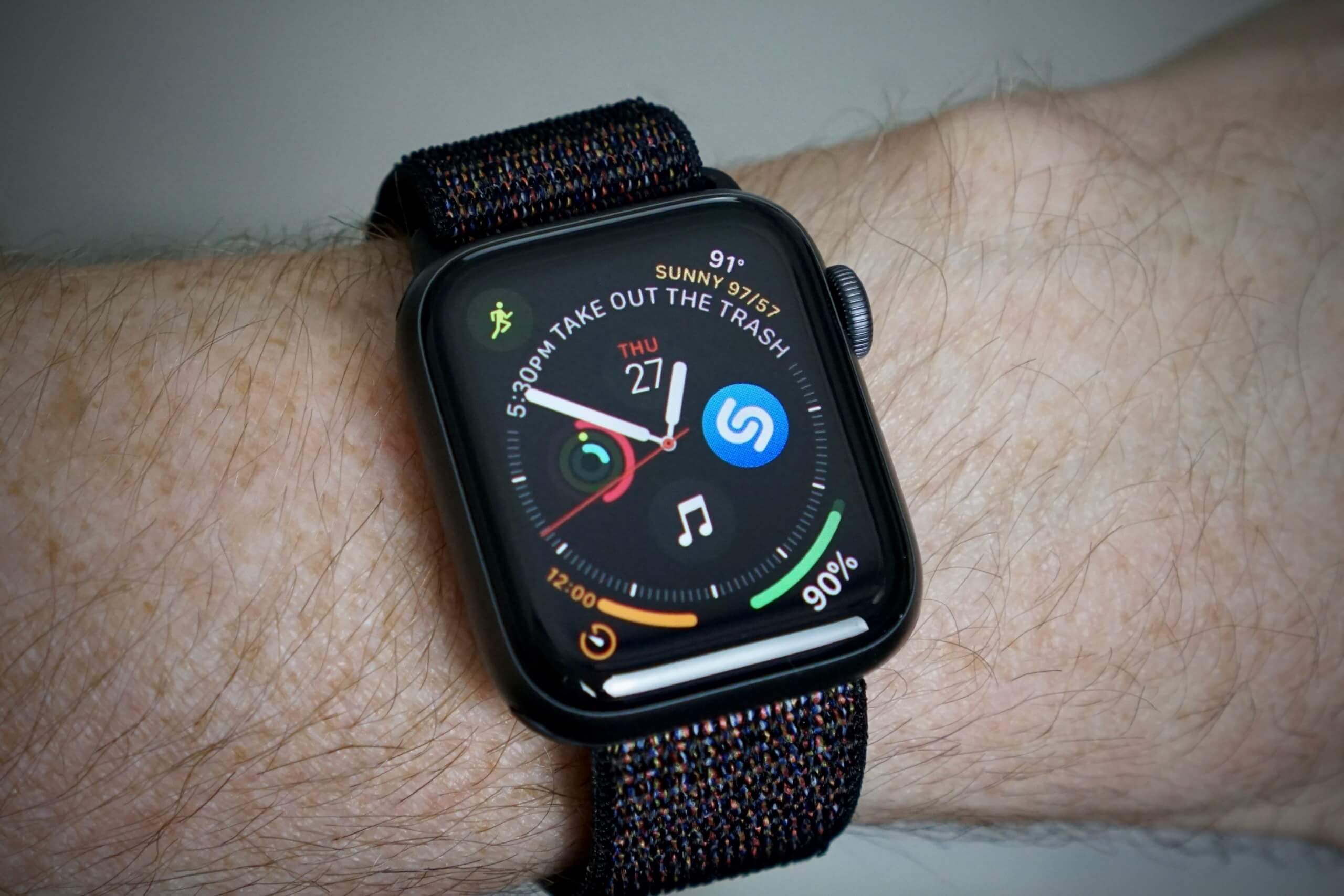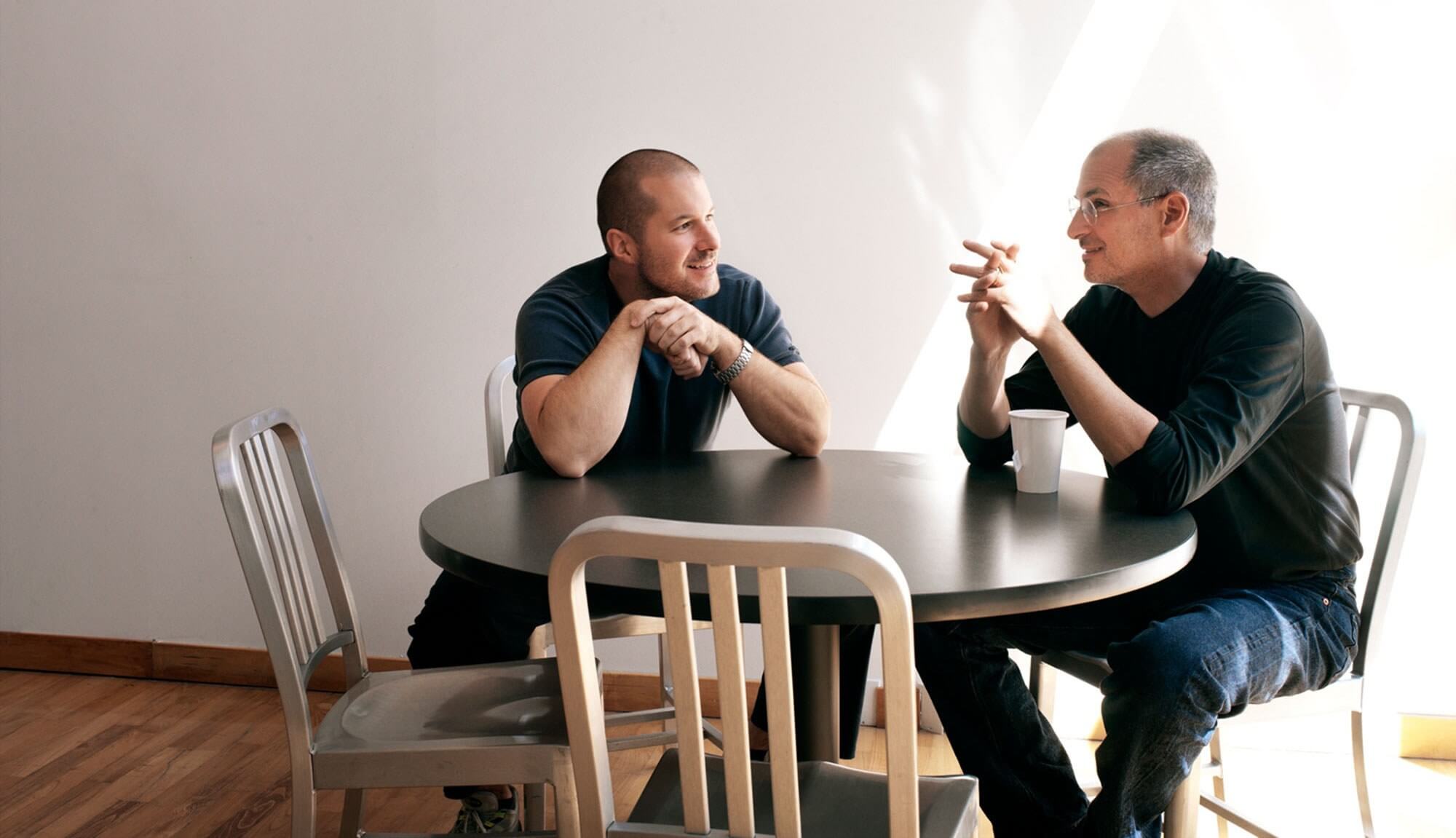In context: It was no secret that Jony Ive and Steve Jobs shared a passion for design. This passion bonded them, and together, they transformed Apple from a floundering computer manufacturer to a tech titan. According to a recent WSJ report, Job's death may have had more to do with Ive's departure from the company than his desire to be his own boss.
Update: 7/1/19: Apple CEO Tim Cook responded to The Wall Street Journal's claims on Jony Ive's departure in a harsh statement issued through NBC News calling the story "absurd."
"The story is absurd. A lot of the reporting, and certainly the conclusions, just don't match with reality. At a base level, it shows a lack of understanding about how the design team works and how Apple works. It distorts relationships, decisions and events to the point that we just don't recognize the company it claims to describe. The design team is phenomenally talented. As Jony has said, they're stronger than ever, and I have complete confidence that they will thrive under Jeff, Evans and Alan's leadership. We know the truth, and we know the incredible things they're capable of doing. The projects they're working on will blow you away."
WSJ Senior Vice President Of Communications Colleen Schwartz issued a followup statement saying that the Journal stands behind its reporting.
Last week Apple announced that 30-year veteran Jony Ive was leaving the company to start a design firm called LoveFrom. While both parties said the split was amicable and that Apple would continue working with Ive's new company as a third-party designer, the exec's departure had been a long time coming due to the change in corporate culture after Steve Jobs' passing.
Ive had resisted several recruitment attempts by Apple in the early 1990s. He was formerly working at Tangerine trying to climb the corporate ladder. After finally joining the company, Ive almost quit on several occasions due to the market struggles Apple was going through at the time.
When Steve Jobs returned to Apple in 1996, he took Ive aside and told him they were going to take the company in a different direction, and that is precisely what they did. Jobs' focus on Ive's passion, that being innovative design, carried the company to success after success.
"Mr. Ive grew frustrated as Apple's board became increasingly populated by directors with backgrounds in finance and operations rather than technology or other areas of the company's core business."
Insiders told the Wall Street Journal that after Tim Cook replaced Jobs as CEO, corporate culture changed from one focused on design to one that was more concerned with operations.
This lack of cohesion between Cook and Ive led the design chief to stay away from the Cupertino offices more and more. Ive was spending a lot of time in San Francisco where he lived. He would even hold design meetings at his home or hotels in the Bay Area instead of at the headquarters.
As an example of the many ways that Cook and Ive did not see eye-to-eye, take the Apple Watch. Ive came up with the Apple Watch as he was interested in miniaturizing the iPhone's technology into a wearable. Cook and members of the board of directors were skeptical that "a device so small could ever have a killer app that would compel people to buy it," but ultimately approved it.
Ive clashed with Cook and other executives on how to position the watch; was it an iPhone peripheral or a fashion accessory? The first-generation Apple Watch only sold 10 million units, less than a quarter of what Apple had projected. There were also thousands of $17,000 gold versions, designed in cooperation with luxury goods manufacturer Hermès, that went unsold.

It was a clear statement from the Apple community and market that what people wanted was a Dick Tracy watch, not a fashion piece. It only took another three iterations for Apple to figure this out and add cellular connectivity to the wearable.
Ive grew increasingly dispirited that Cook showed little interest in the design process as Jobs had. He also didn't like the fact the board was filled with members with no experience in electronics.
"Mr. Ive grew frustrated as Apple's board became increasingly populated by directors with backgrounds in finance and operations rather than technology or other areas of the company's core business," said those close to him.
Now that he has his own firm that Apple has contracted to work with, Ive will not have to deal with the inter-office politics that drove him away in the first place. However, it also ensures that Apple's focus on maintaining profit margins over design innovation remains fixed. Apple will continue "leveraging past hardware success to sell software and services."
